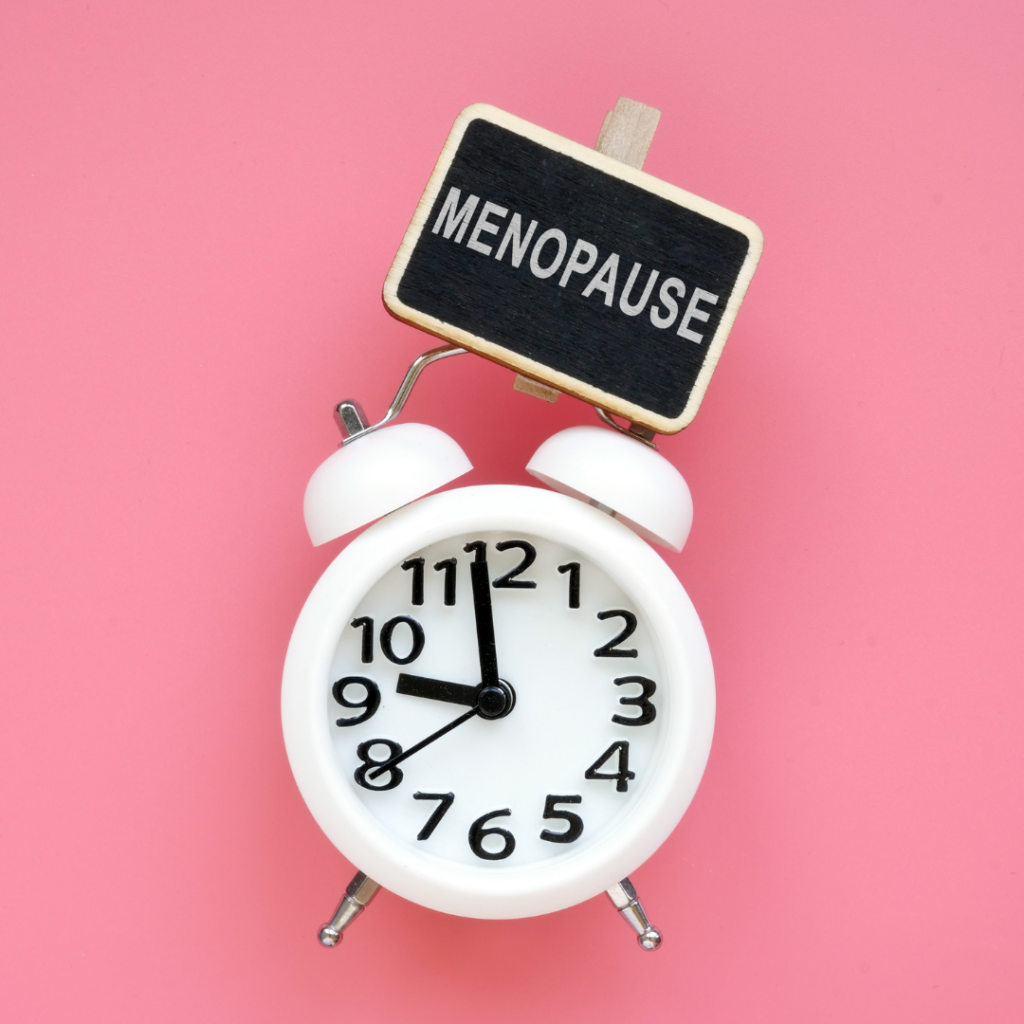Brain fog during menopause is a common but frustrating symptom that many women experience as they navigate this life stage. It can feel like your mind is clouded, you’re forgetful, and staying focused takes more effort than it used to. This “foggy” feeling can affect work, daily life, and even your confidence, leaving many wondering if it’s just them – but it’s very common and closely tied to the hormonal changes in menopause.
For me, brain fog has been on and off since perimenopause started for me, and became more noticable once I was officially in menopause. Three years into menopause and there are definately days when I think I might be losing my mind, then have to remind myself that it’s the damn hormones, or lack of them, in the case of menopause. Menopause affects each women differently, so there is no exact science or one size fits all fix but at least we know we are not alone.

Brain fog isn’t fun. It isn’t just something we make up. But what exactly is it?
This post may contain affiliate links, which if you click through and make a purchase, may earn me a small amount of income. These links are marked with * for your reference
What is Menopause Brain Fog?
During menopause, hormone levels – particularly oestrogen and progesterone – drop. These hormones don’t just control menstrual cycles; they also influence how our brain functions. Oestrogen, for instance, plays a role in memory and concentration, so when its levels fluctuate and eventually decline, you might find it harder to focus or recall details like you used to. You’re not losing your mind; your brain’s adjusting to a new hormonal balance.
Brain fog during menopause can show up in various ways: you might forget words mid-sentence, struggle to remember appointments, or find it hard to concentrate on a book or task. You might even have trouble with simple tasks, like keeping track of your keys. This mental fog isn’t a permanent state, but it can stick around for a few years around the time of menopause, especially during perimenopause (the transition phase leading up to menopause).

How to Manage Menopause Brain Fog
Although there’s no magic cure for brain fog, there are plenty of ways to help clear the fogginess and keep your brain sharper. Lifestyle changes, mental exercises, and even some supplements or herbal remedies can make a noticeable difference.
1. Stay Physically Active
Exercise is one of the best things you can do for your brain. Physical activity, especially aerobic exercise, boosts blood flow to the brain and helps release endorphins, which can improve your mood and energy levels. It’s even been shown to help with memory and thinking skills. A brisk walk, cycling, or even a gentle dance class a few times a week can make a big difference.
2. Get Enough Sleep
Sleep is essential for good cognitive function, and poor sleep is a well-known contributor to brain fog. Unfortunately, many women in menopause struggle with sleep issues due to hot flushes or night sweats. If this sounds familiar, try creating a calming bedtime routine: avoid screens for an hour before bed, keep your room cool, and try some deep breathing or relaxation exercises to wind down. You could also look into natural sleep aids like valerian root or melatonin, but consult your doctor before trying these.
3. Eat Brain-Boosting Foods
Your brain loves healthy fats, antioxidants, and vitamins. Omega-3 fatty acids, found in fish like salmon and in walnuts, are excellent for brain health. Blueberries, leafy greens, and nuts are also packed with nutrients that help support memory and cognitive function. Try to cut down on processed foods and sugars, which can contribute to sluggishness and exacerbate brain fog.
4. Consider Supplements
While it’s always best to get nutrients from food, some supplements can be helpful for managing brain fog. Omega-3* supplements are a good option if you don’t eat much fish. Vitamin B12*, which helps with energy and focus, and magnesium, which can aid sleep, are also commonly recommended. Ginkgo biloba is an herbal supplement often touted for improving memory, although research is mixed. As with all medicines and supplements, it’s always best to chat to a qualified medical practitioner before you take any kind of supplement or herbs for any health condition.
5. HRT or Hormone Replacement Therapy
Book an appointment with your doctor and have a proper chat with them, about your symptoms and what you are epxeriencing. If you are not already making use of HRT for other menopause symptoms then it may be worth discussing that as an option. HRT is often the most helpful method of treating menopause and your doctor can walk you through the best options for you based on your body and it’s needs and also what is safest for you.
6. Cognitive Behaviour Therapy
Talking to someone, with professional experience, could be helpful. It can’t cure the brain fog, but menopause can bring on symptoms like anxiety or depression which can contribute to feeling brain fog. Having some calming or therapeutic techniques to manage those, could help you to manage your brain fog when it manifests itself.
Brain fog during menopause can feel horrendous, and is very frustrating and often incredibly inconvenient. As busy women, usually juggling lots of spinning plates, feeling like we can’t remember things or our brains dropping one of those plates, is very hard. It doesn’t last forever, but it can feel very debilitating, when it does hit. If you are very concerned you should talk to your health practitioner but hopefully some of what I have shared might help you as well.
Other blog posts about menopause you may find helpful:
Coping with the emotional journey of menopause